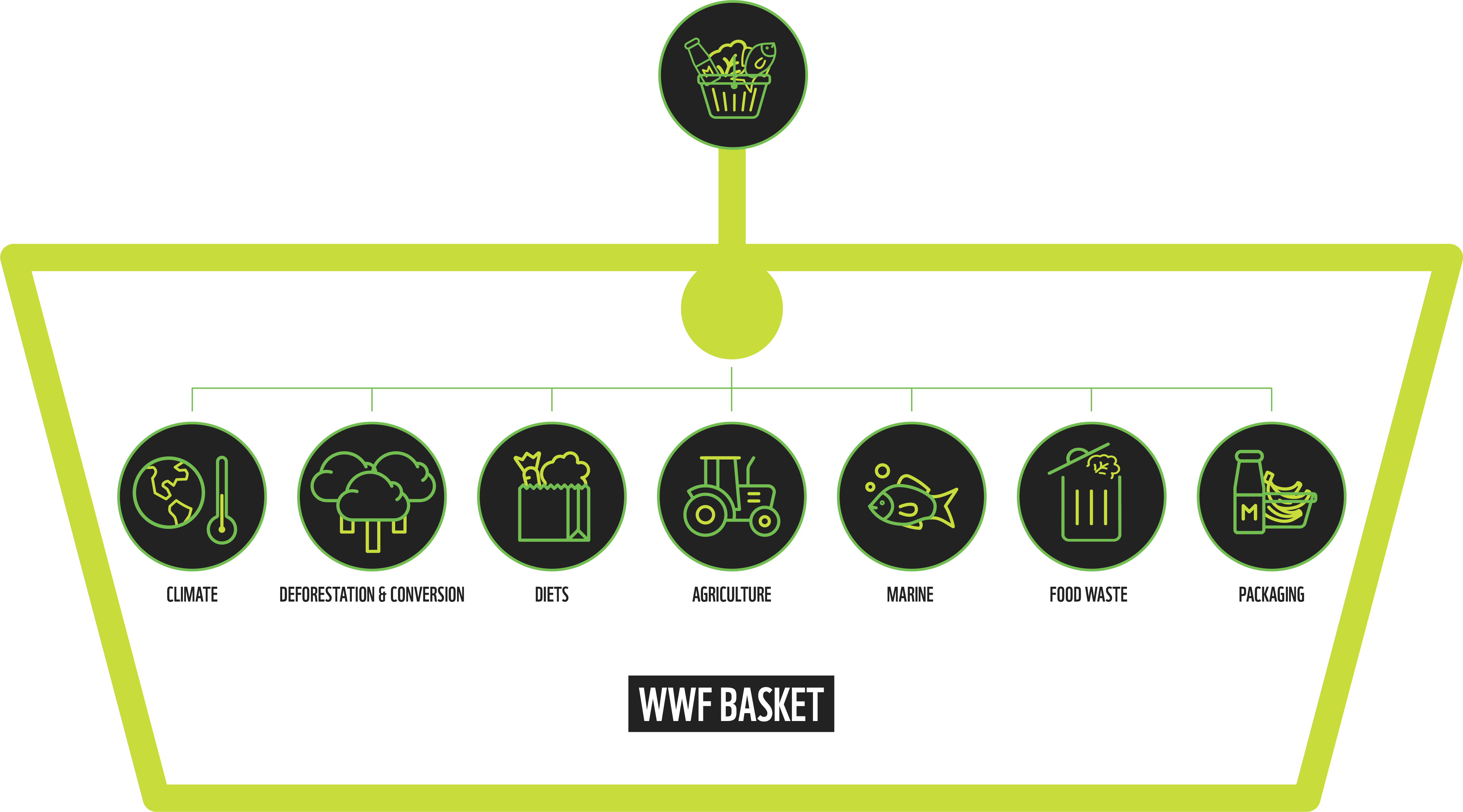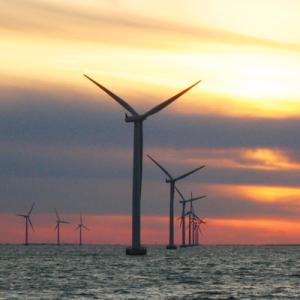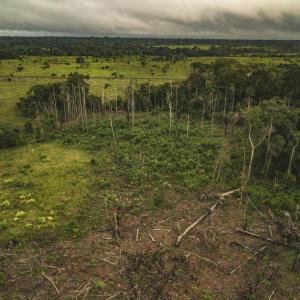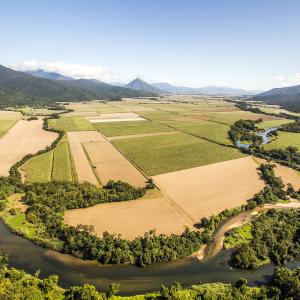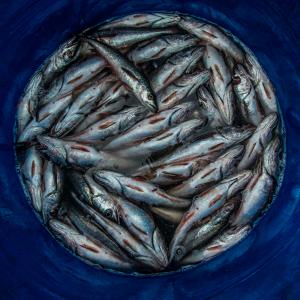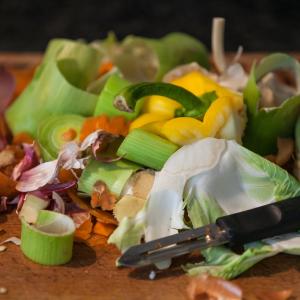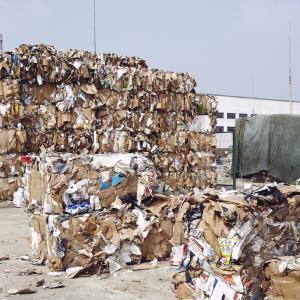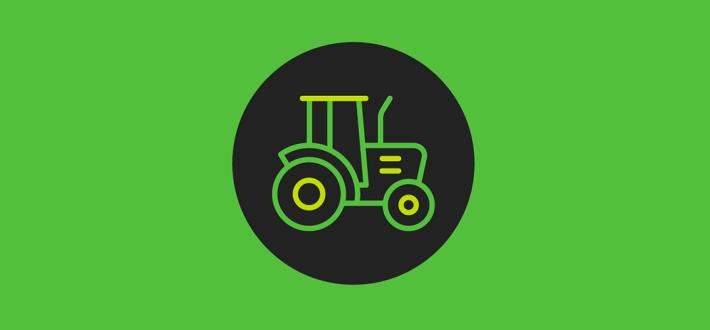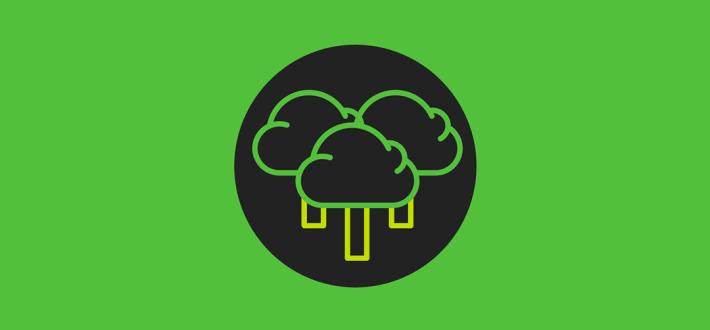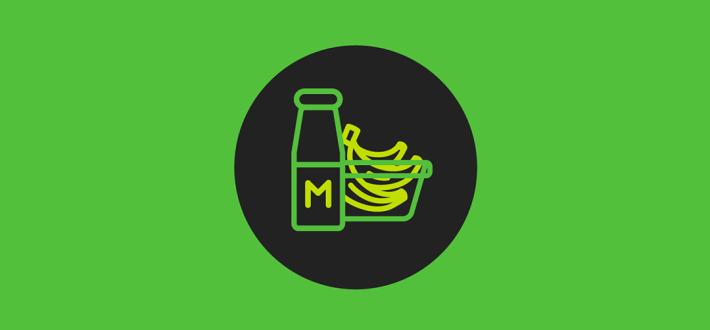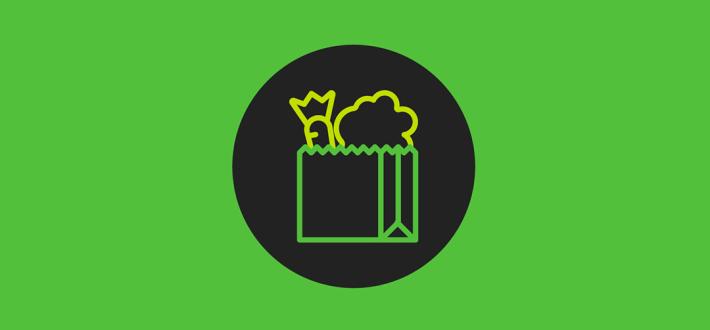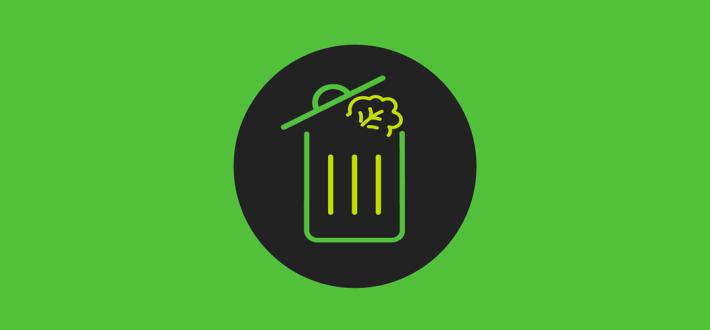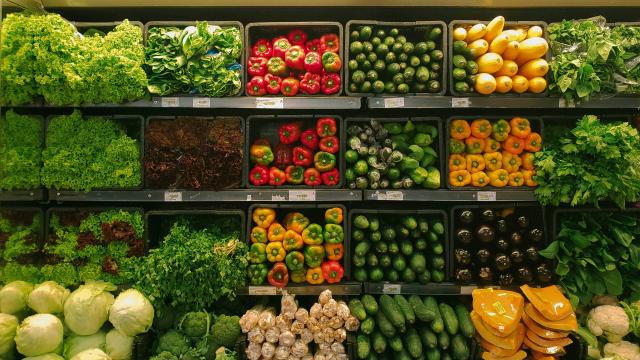
WWF Basket

The WWF Basket
In November 2021 we launched the WWF Basket - a set of outcomes and measures to support the goal of halving the environmental impact of UK baskets by 2030, alongside a Blueprint for Action, outlining key steps food retailers can take to address these impacts.
Four years on, WWF is pleased to share the fourth report associated to the WWF Basket: What’s in Store for the Planet: the Impact of the UK Shopping Basket on Climate and Nature – 2025.
This is an detailed overview of the UK grocery market’s impact across seven key areas, showing the distance the food retail sector needs to go to meet our target of halving the environmental impact of UK Baskets by 2030. The report also provides recommendations to help accelerate progress in the years ahead.
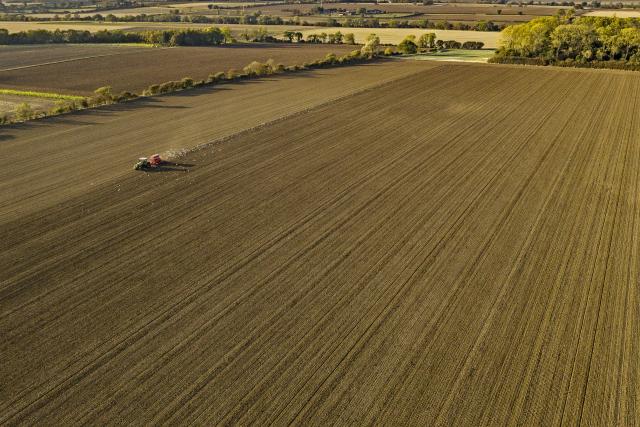
What is the WWF Basket?
The WWF Basket sets out a series of Outcomes and Measures to support WWF's goal of halving the environmental impacts of UK baskets by 2030, alongside a Blueprint for Action, which outlines priority actions for retailers to address their climate and nature impacts.
The WWF Basket was initially developed through the WWF Tesco partnership. For more information about our partnership with Tesco, which concluded in November 2023, please click here.
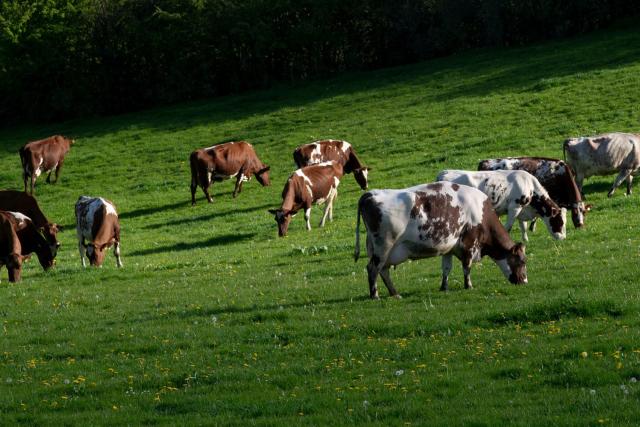
Why it's important
The impacts of our food system on the planet are enormous. Globally, the production and distribution of food is responsible for 70% of nature loss, and around a third of global greenhouse gas (GHG) emissions – and yet, perversely, a third of the food we produce goes to waste. The food system is broken. It is driving the destruction of precious habitats and deepening the climate crisis, putting our food security at risk.
As well as driving a catastrophic decline in UK nature, the UK requires 21.3 million hectares of land overseas – an area ten times the size of Wales – to satisfy our demand for seven key commodities, including several that are essential in food production, like palm oil and soy.
We can only meet vital climate targets and bring nature back from the brink if we put our food system on a sustainable footing.
Currently, global food production is fuelling the climate crisis and is one of the biggest threats to nature.
30%
of human-made greenhouse gas emissions are caused by food production
50%
of all habitable land on the planet is used for agriculture
70%
of the planet’s accessible water is used in agriculture
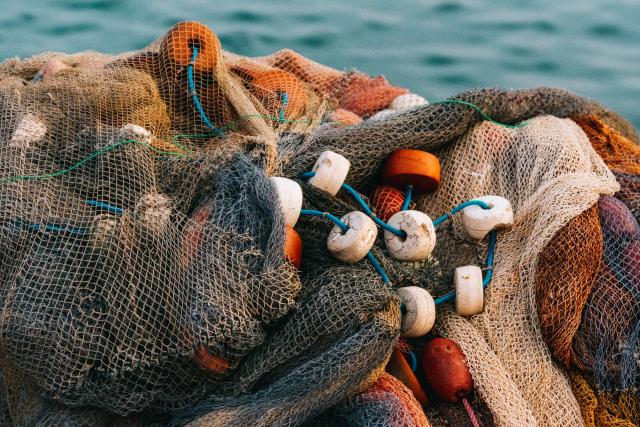
Time to act
Given the scale of the threat, we cannot afford to continue with business as usual. We need to fix our broken food system. But changing something of this size and scale is fraught with complexities.
That is why we need everyone – including food businesses, governments, and financial institutions – on board, taking action to put food production on a sustainable footing.
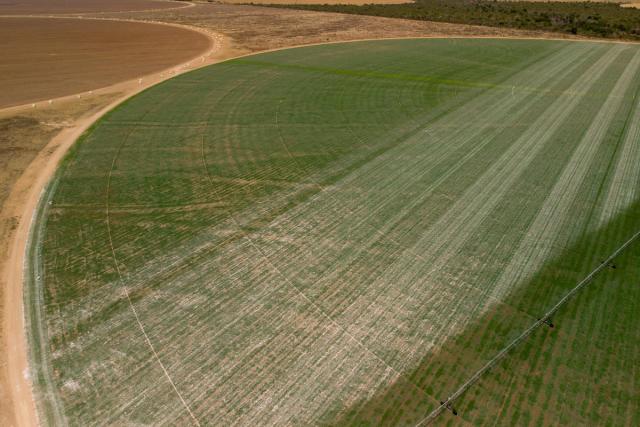
Transparent Data
You can’t manage what you can’t measure, and that is why – when it comes to transforming our food system - having the right data is vital.
To track progress towards each of the WWF Basket outcomes, WWF asks all UK retailers to share a wide range of data for our annual "What's in Store for the Planet" report, to gain a clearer picture of environmental impacts across the sector.
As in previous years, there remains an urgent need for more consistent and detailed industry-wide data to help measure impact and drive change in the food system.
By being more transparent about environmental impacts, companies are not only helping to level the playing field, but also showing where greater support is needed - including from Government - driving greater cross-sector collaboration and helping to find solutions.
Read the 2025 report, What's in Store for the Planet: the Impact of the UK Shopping Basket on Climate and Nature - 2025.
WWF's Retailers' Commitment for Nature
On 6 November 2021, WWF announced that Co-op, M&S, Sainsbury’s, Tesco and Waitrose pledged to slash their impact across climate, deforestation and nature by 2030, working with WWF, signing ‘WWF's Retailers' Commitment for Nature’. On 6 March 2023, Lidl became the sixth UK supermarket to sign WWF's Retailers' Commitment for Nature and, on 28 November 2023, Aldi became the seventh UK supermarket to sign the commitment.
Previous Reports
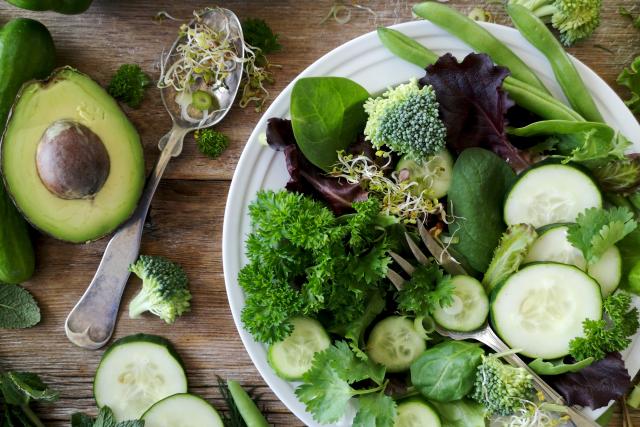
Get in contact
Cross-sector collaboration is the most effective way to bring about the type of environmental change that is needed.
Please contact business@wwf.org.uk if you would like to collaborate with the wider industry on any of the areas addressed in the WWF Basket.
